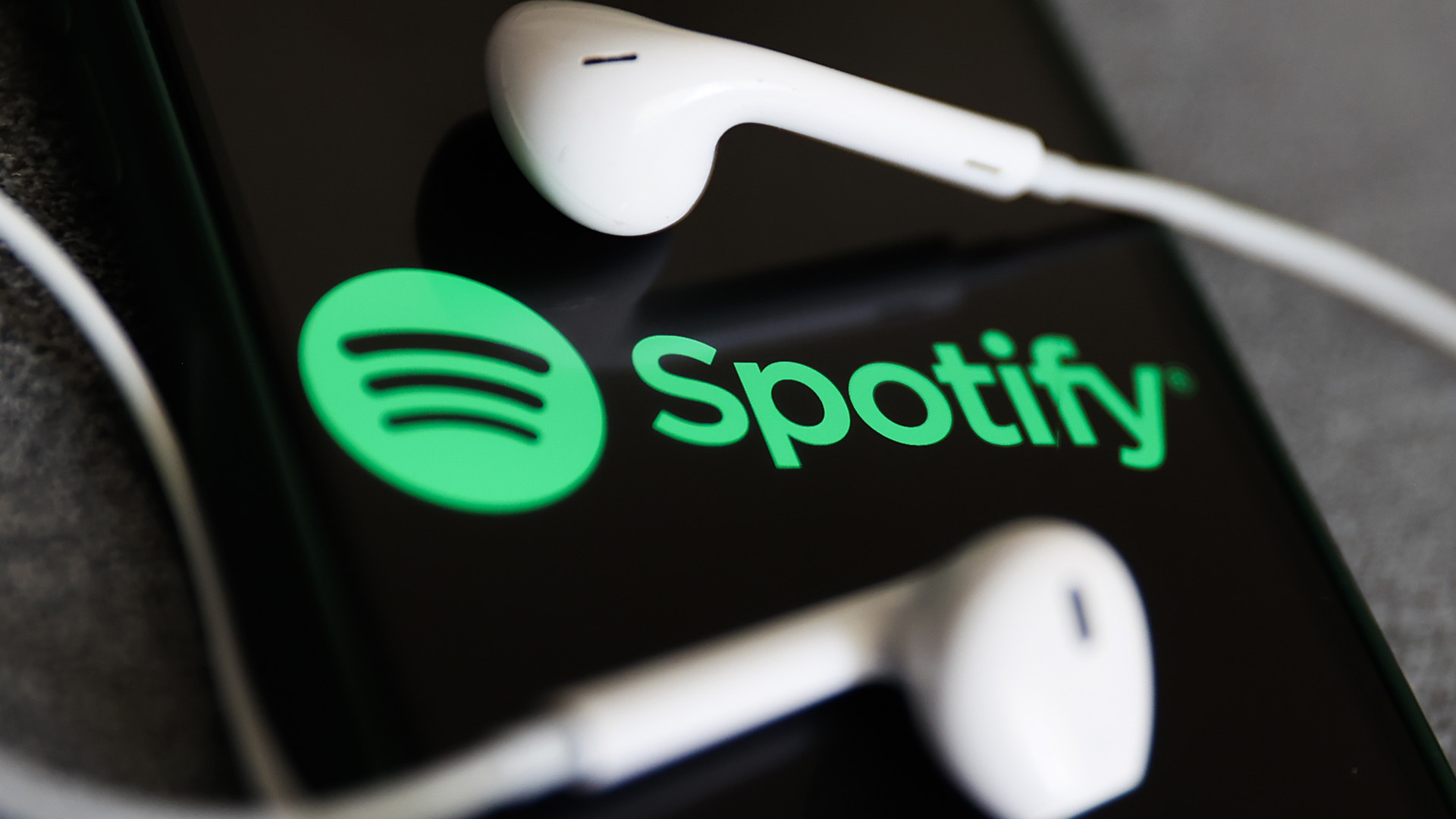
LAUREN TAYLOR: The next time you fire up Spotify, you may hear an artist you’ve never heard of before. A new book alleges that in some cases … that’s because the artist doesn’t exist, and may be part of an elaborate scheme from the company to reduce royalty rates.
The Swedish music and podcast streaming giant funnels listeners toward what it dubs “perfect fit content,” what author Liz Pelly describes as “low-budget stock muzak” in her upcoming book, “Mood Machine: The Rise of Spotify and the Costs of the Perfect Playlist.”
Pelly’s book accuses Spotify of working to make it so that more of the music played on their platform is by so-called “ghost artists,” with the idea that if they rack up streams that don’t require paying royalties, they’ll also make it so that the top artists make up a lower percentage of all streams … driving down the rate Spotify has to pay them.
She alleges that, to make this happen, the company is cutting costs by relying on a network of over a dozen production firms. The book alleges the company even had employees slot the tracks into some of its widely-listened-to curated playlists.
Pelly’s book follows years of media reports about Spotify’s alleged involvement with “ghost artists,” and confirms her findings through reporting of her own.
Pelly traveled to Sweden to try to track down the production companies involved in producing the tracks, spoke with musicians and Spotify employees and reviewed internal documents and Slack messages.
One Slack message from a Spotify employee raised concerns about the fairness of the use of “ghost artists,” saying “I wonder how much these plays ‘steal’ from actual ’normal’ artists.”
Spotify has repeatedly denied creating fake artists of its own. And a Spotify spokesperson told Harper’s, the outlet that published an excerpt of Pelly’s book, that it welcomes artists who choose to publish under an assumed name.
But the advantage Spotify gains may be very small. The streamer currently pays just a fraction of a cent to artists for each time a listener plays one of their songs.
For Straight Arrow News, I’m Lauren Taylor.
And for all the latest updates on this and other top stories, download the Straight Arrow News app or visit SAN.com.











